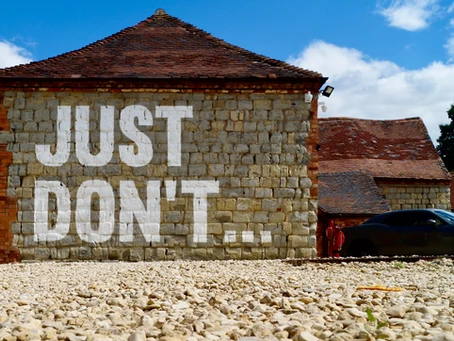I know that so many people ask the questions, “What happens to my estate when I die?” and “Do I even have one?” Well, the simple answer is that everyone has an estate when they die regardless of wealth. An estate is anything tangible and intangible that you have an ownership interest in. It begins with the clothes on your back and builds from there.
An estate is administered over the course of the year after death. If there is a will in place, the original must be filed with the Register of Wills within 10 days of death. Then a determination is made whether the estate is “probateable” or not. This determination is made whether or not there is a will involved.
Probate is the formal court process for administering the estate through the court system. The court is the “Register of Wills .” In Delaware, probate is mandatory if the decedent owned Delaware real estate in their individual name or had financial assets without a beneficiary designation worth $30,000 or more. These are known as “probate assets” because they trigger the probate process. The probate process lasts approximately a year and a fee of 2% is assessed against financial assets. The person in charge of administering the estate typically hires an attorney to represent them.
In Delaware, if the estate is not “probateable” then it is classified as a “small estate.” A small estate has no solely owned real estate and solely owned financial assets have a value of less than $30,000. Even so, someone needs to administer the estate (wrap it up). Typically, a relative applies to the Register of Wills to be appointed the “administrator of the estate.” The application is filed no earlier than 30 days after the date of death. The administrator’s authority is created by signing a “small estate affidavit.” The affidavit empowers the administrator to gain control of the assets and distribute them to the beneficiaries. The affidavit is available through an attorney or the Register of Wills office.



